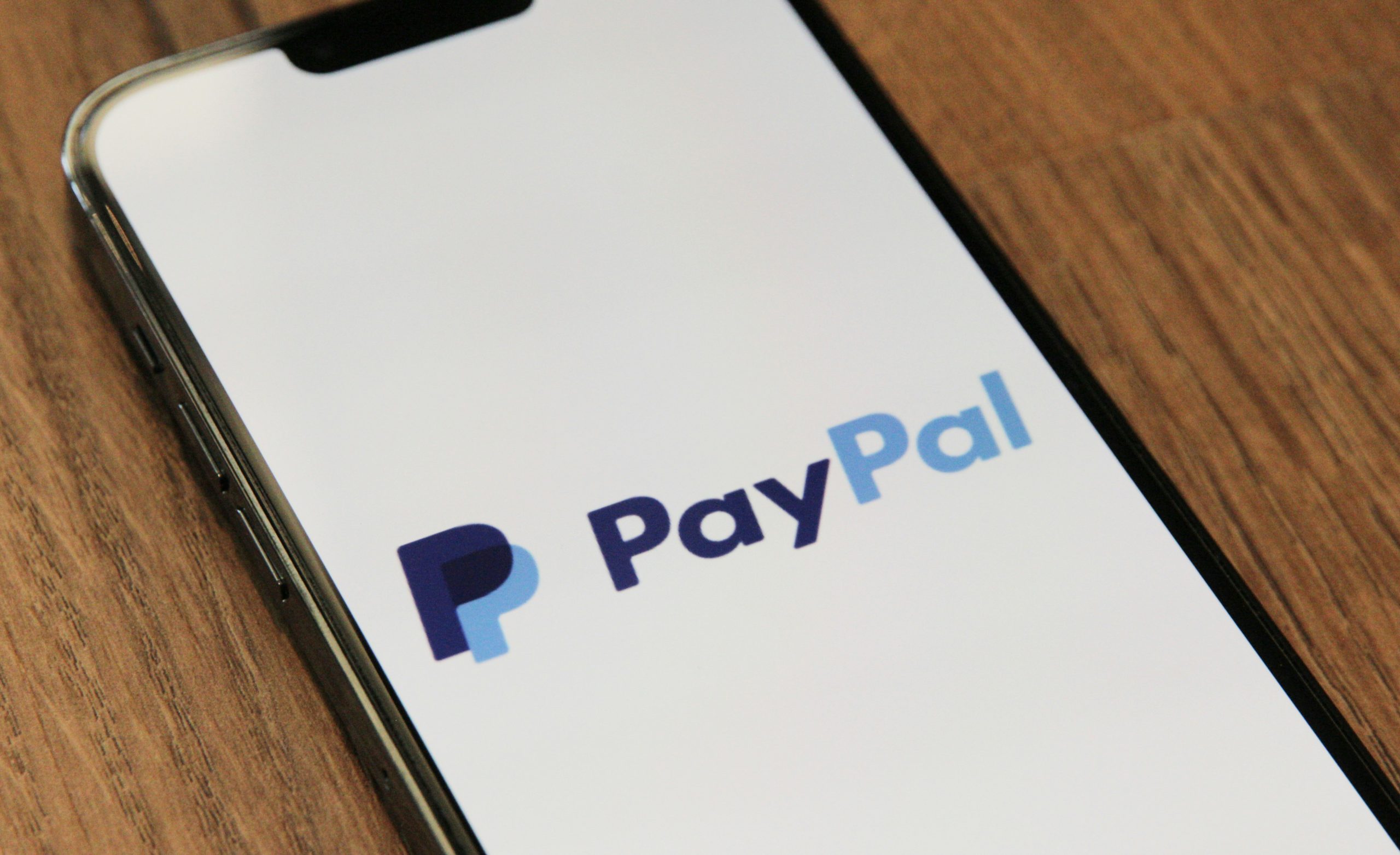How to Become a Freelance Writer with No Experience: Your Essential Guide

Freelance writing is a career that combines creativity, flexibility, and financial potential. Whether you’re just starting or looking to refine your craft, freelance writing offers endless opportunities to work from home, set your schedule, and earn from diverse projects
In this guide, you’ll learn essential tips on choosing a niche, networking effectively, and improving your skills. This article will help you unlock the tools and strategies needed for a successful freelance career.
Key Takeaways
- Freelance writing offers flexibility and high earning potential.
- Building a strong portfolio is essential for landing initial gigs.
- Successful freelancers often engage in continuous learning and skill enhancement.
- Networking and personal projects help establish credibility in the industry.
- Finding clients requires time and effective outreach strategies.
Understanding the Freelance Writing Industry
The freelance writing industry has expanded significantly with the rise of online content demand. Freelancers now account for 36% of the U.S. workforce, reflecting a growing demand for skilled professionals, including freelance writers, to meet the rising need for quality content.
Businesses increasingly rely on freelancers for copywriting, blogging, and other content needs, making this a promising field. While beginners may earn modest rates, specializing in a niche can attract high-paying clients, with experienced writers charging up to $250 or more per project.
Success in freelance writing requires a strong portfolio with at least three samples to showcase your skills. Cold pitching can help new writers find opportunities by reducing competition. By understanding industry trends and focusing on a niche, freelance writers can build a sustainable and lucrative career.
The Benefits of Freelancing as a Writer
Freelance writing offers flexibility, allowing you to create a career that fits your lifestyle. You can choose part-time or full-time work, set your schedule around family or hobbies, and work from home or anywhere. This not only improves work-life balance but also saves money on commuting and other work-related expenses.
Freelancers can focus on projects that match their interests and skills, increasing job satisfaction and income potential. Specializing in niches like health or finance, or learning SEO and content marketing, can significantly boost earnings.
Beyond financial rewards, freelance writing opens doors to unique experiences, such as attending events or interviewing industry leaders, enriching both your career and personal growth. As the freelance market expands, so do the opportunities and advantages it offers.
How to Become a Freelance Writer
Starting as a freelance writer opens up a world of flexibility and creativity. It’s important to understand different writing niches to carve out a successful career. Each niche offers unique opportunities, allowing you to match your skills and passions with market demands.
Understanding Different Writing Niches
Choosing your unique writing niche is key to your freelance writing journey. Specializing can help you use your talents better and avoid feeling overwhelmed. Writers who focus on a specific area can earn more than those who don’t.
Writing niches vary a lot, catering to different audiences and industries. Some popular options include:
- Technical Writing: Ideal for those with expertise in science or engineering, where clear and precise communication is essential.
- Content Writing: Focuses on creating engaging blog posts, web content, and SEO articles, often in high demand across various sectors.
- Copywriting: Persuasive writing aimed at marketing products or services, which can lead to excellent earning potential.
Freelance writers who specialize in a niche have a higher chance of securing projects compared to generalists. Finding the right writing niche enhances your effectiveness and increases client satisfaction.
Exploring Freelance Writing Opportunities
The landscape of freelance writing opportunities continues to expand, driven by digital advancements. You can find work in various sectors, including:
- Business-to-Business (B2B): Concentrates on writing for businesses, accounting for a significant part of the freelance writing market.
- Business-to-Consumer (B2C): Involves creating engaging content aimed at consumers, such as travel articles, product reviews, and marketing materials.
- Remote Work: Many companies are now hiring freelance writers for short- and long-term projects, providing flexibility. This makes freelance writing an ideal side hustle for moms who need a balance between earning income and managing family responsibilities.
Clients often require writing samples before hiring a freelance writer. A well-organized and professional portfolio can increase your chances of being hired. Networking is crucial; research shows that over 80% of jobs are found through referrals.
| Niche | Client Demand | Skills Required |
| Technical Writing | High | Detail-oriented, clear communication |
| Content Writing | Very High | SEO knowledge, creativity |
| Copywriting | High | Persuasive writing, marketing knowledge |
As you explore these freelance writing opportunities, investing time in continuous skill development remains vital. Overall, knowing how to become a freelance writer and leveraging the right writing niches creates a solid foundation for your freelance journey.
Developing Essential Writing Skills
For those wanting to be freelance writers, it’s key to master the basics. This includes improving grammar, style, and tone. Knowing how to write in different styles helps meet various client needs.
Improving Grammar and Style
Good writing starts with solid grammar and a unique style. Strong grammar skills boost client happiness and loyalty. Using tools like Grammarly can help spot and fix errors. Writing every day can also sharpen your grammar. It’s a way to get better over time.
- Use proofreading tools to make your content more accurate.
- Practice self-editing to find and fix mistakes.
- Try proofreading on a different device to catch more errors.
Mastering Different Types of Writing
Every writing niche has its own set of skills. It’s important to learn various writing styles. This includes blogging, copywriting, and technical writing, each needing its own approach. Research and storytelling are key to making content engaging.
- Knowing SEO basics is crucial for creating effective content.
- Read articles in your niche to improve your writing.
- Take part in writing workshops and online courses for specific skills.
Being part of writing communities can offer feedback and resources. With hard work and the right tools, you can keep improving your writing. This way, you can meet the changing needs of professional writing.
Building Your Freelance Writing Portfolio
A solid freelance writing portfolio is key to attracting clients. It’s important to create diverse writing samples that show your skills. These samples should appeal to your target audience and highlight your strengths.
Creating Writing Samples
Your writing samples are your first impression on potential clients. Focus on quality over quantity. Include:
- Personal essays, which are easier to write and can be pitched to various publications.
- Opinion pieces, in high demand and perfect for launching your freelance career.
- Guest posts on established blogs, even if the payment is minimal, they add credibility to your portfolio.
- “On Spec” articles, enabling you to showcase your full capabilities without needing a prior commission.
Keep your portfolio to five specific pages. Omitting even one could hurt your chances of landing jobs. View your portfolio as your greatest asset, showing your unique voice and niche.
Showcasing Your Work Online
Having an online presence is crucial. Create a dedicated business website or start a blog and make money online by showcasing your writing samples, sharing valuable insights, and attracting potential clients instead of relying on platforms like Fiverr or Upwork. Here are essential steps to effectively showcase work online:
- Invest in a custom domain; you can easily recover this initial cost after landing just one job.
- Use user-friendly website builders. WordPress offers extensive capabilities, while Wix allows quicker setup time.
- Utilize high-quality images from resources like Unsplash to enhance the visual appeal of your writing samples.
Use a professional layout and ensure fast page loading speed. Many writers recommend linking to published articles over Google Docs for presenting writing samples. This makes accessibility a key factor in landing gigs.
With the right elements in place, you will be on your way to creating a compelling freelance writing portfolio. It will effectively showcase your work online and attract clients to your services.
In addition to freelance writing, maintaining a strong online presence can open doors to other ways to make money online, such as selling digital products, offering consulting services, or monetizing a blog.
Where to Find Freelance Writing Jobs
Finding freelance writing jobs means looking in different places. Job boards and freelance platforms are good starts. But, using networking strategies can open more doors. Mixing these methods can help you find better writing jobs.
Utilizing Job Boards and Freelance Platforms
Job boards like Upwork and Fiverr are where many writers start. They have lots of job listings, but it’s very competitive. At times, a single job posting can attract 500 applicants, making it challenging to distinguish yourself. Freelancers often end up in a price war, which lowers their rates. This makes it tough to earn well.
As the freelance market grows, looking in different places can help more than just job boards. Local magazines have less competition and are great for beginners. You might even get paid for personal essays in local newspapers.
Networking and Outreach Strategies
Job boards are full of opportunities, but networking is key. Traditional networking makes up 46% of the most effective ways of finding a job. Many freelance writers get jobs through referrals and connections. Building industry relationships can lead to great opportunities.
Here are some effective networking strategies:
- Attend industry events: Conferences and workshops can connect you with potential clients and fellow writers.
- Join writing communities: Participate in forums, Facebook groups, and online platforms to expand your network.
- Leverage social media: Engaging with other writers and potential clients on platforms like LinkedIn and Twitter can enhance your visibility.
- Cold pitching: Directly reaching out to companies or publications can yield success.
By using job boards and strong networking, you can find freelance writing jobs more effectively. This balanced approach sets you up for a successful freelance writing career.
Crafting the Perfect Pitch
Writing a great pitch is key for freelance writers looking to land new clients. Knowing what potential clients need can really help. A pitch that shows you’ve done your homework on the client stands out.
Good pitches show off your experience and writing skills. Make sure your pitch fits the client’s needs. This way, you’re more likely to get a yes. Here are some tips for a winning pitch:
- Research the client: Knowing their past work and style helps you tailor your pitch.
- Personalize your approach: Add a personal touch to avoid sounding like spam.
- Demonstrate value: Explain how your skills can help solve their problems.
- Follow a structured format: A clear, easy-to-read structure keeps the reader’s interest.
Using a spreadsheet can make your pitch writing easier. It helps you keep track of potential clients. For example, you might find beauty companies with outdated blogs, showing you where to pitch.
The freelance writing market is tough, but demand is growing. Marketing teams are often swamped and need good writers. By offering timely, relevant content, you can help them and build strong relationships. Successful pitching not only gets you work but also boosts your industry reputation.
Managing Your Freelance Writing Business
Success in freelance writing requires strong organization and time management. Start by dedicating consistent hours each week to your craft, setting clear goals to stay on track and boost productivity. A well-equipped, ergonomic workspace is essential to avoid health issues like carpal tunnel syndrome and ensure long-term comfort while working.
Managing clients professionally is equally vital—set up a PayPal business account, use professional communication tools, and follow a structured project workflow, including discovery calls and kickoff meetings, to ensure smooth collaborations.
Specializing in a niche, whether in education, finance, or personal hobbies like cooking, can help you secure higher rates and build a stable business. As your career grows, consider hiring an accountant for tax management and obtaining legal advice for contracts to safeguard your interests.
By balancing your work and personal life and staying focused, you can create a sustainable and rewarding freelance writing business.
Improving Your Writing Over Time
As you start your freelance writing career, it’s key to keep getting better. Many writers face writer’s block, which can feel overwhelming. Using different strategies to improve your writing can help you write more effectively.
Continual Learning and Professional Development
Starting a daily writing routine can make a big difference. Studies show that just 10 minutes a day can greatly improve your writing. This habit can increase your productivity and boost your confidence.
Trying out different writing styles can also make you more creative. This can lead to an increase in your creative output. Using tools like Grammarly can cut down on grammar mistakes, making your writing clearer.
It’s also important to learn how to edit your own work. People like to read content that has been well-edited. Joining workshops or writing groups can help you keep learning and growing. Getting feedback from clients and peers can give you valuable insights. This can help you improve your writing skills.
Staying up-to-date with industry trends can make you a more competitive freelancer. Investing in your writing skills takes commitment. As you keep learning, you’ll open up more opportunities in freelance writing.
Conclusion
Becoming a freelance writer is a reachable goal that opens many doors. We’ve covered key tips for new freelancers to start a successful career. Understanding different niches and perfecting your pitch are key steps in the competitive freelance world.
Your mindset, tools, and connections are crucial for success. Use apps and editing tools, and stay active in networking. By following these tips, you can build a rewarding and profitable freelance career. Unlock your potential, embrace the learning, and let your writing be heard!
FAQ
How can I start freelance writing with no experience?
To start freelance writing with no experience, begin by honing your writing skills through practice. You can create a blog, write articles for free, or contribute to online forums. Once you’re comfortable, explore freelance writing job boards to get your first freelance writing gigs.
What should I include in my portfolio as a freelance writer without any prior work?
As a freelance writer without any prior work, you can include personal writing projects, such as blog posts, essays, or articles that showcase your writing style. You can also create sample pieces tailored to the type of freelance writing services you wish to offer.
How do I get my first freelance writing job?
To get started as a freelance writer, consider applying to freelance writing job boards, networking on social media, and reaching out to local businesses that may need writing services. Building connections can help you find your first freelance writing job.
What types of writing work can I pursue as an aspiring freelance writer?
As an aspiring freelance writer, you can pursue various types of writing work, including blog posts, articles, copywriting, social media content, and even technical writing. Focus on a niche that interests you to stand out in the world of freelance writing.
How can I develop my writing skills to become a better freelance writer?
To develop your writing skills, consider taking online writing courses, reading books about writing, and regularly practicing your craft. Participating in writing workshops or joining a writing group can also provide valuable feedback and support.
What should I charge for my services as a freelance writer without experience?
When starting as a freelance writer without experience, it’s common to charge lower rates to attract clients. Research industry standards for freelance writing rates and consider starting at a competitive price. As you gain experience and build a portfolio, you can gradually increase your rates.
How can I balance a full-time job while starting a freelance writing career?
Balancing a full-time job while starting a freelance writing career requires effective time management. Set aside specific hours each week dedicated to writing, stick to a schedule, and prioritize tasks to make the most of your available time.
Are there specific freelance writing niches that are easier to break into?
Yes, certain freelance writing niches, such as content writing for blogs, product descriptions, and social media posts, tend to be more accessible for beginners. Consider exploring these areas to get started as a freelance writer.






